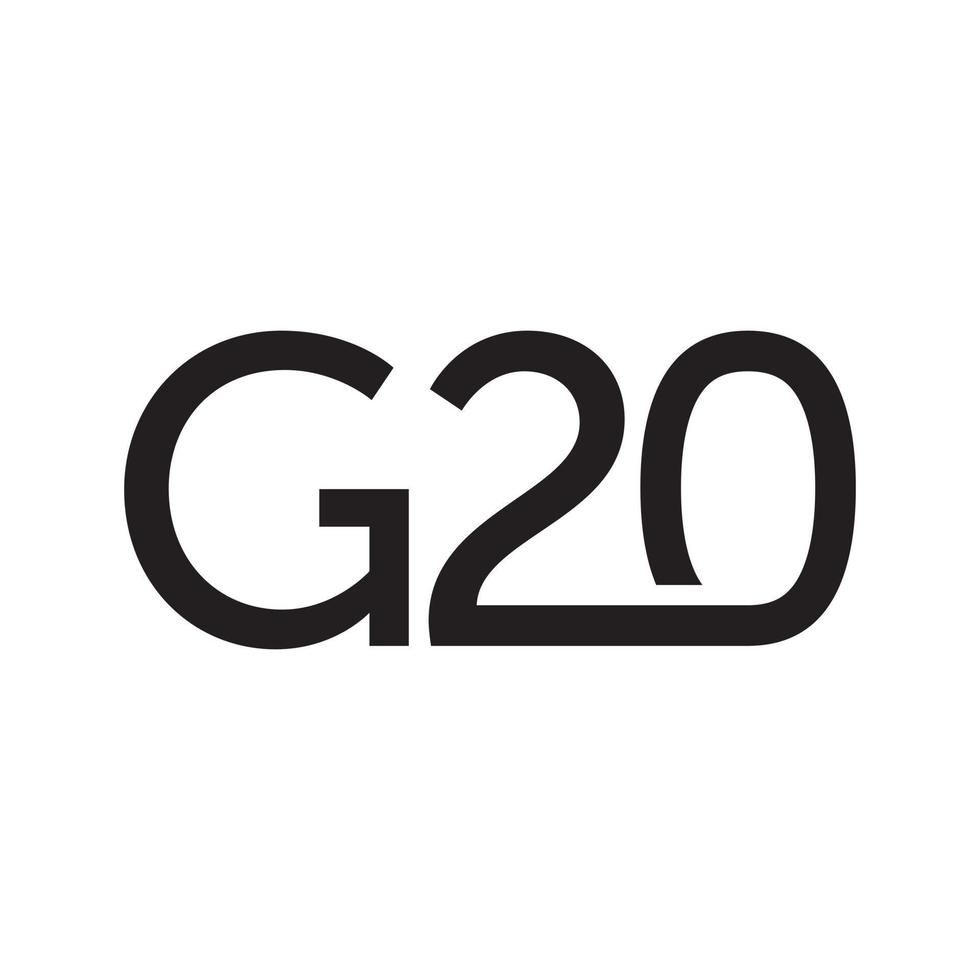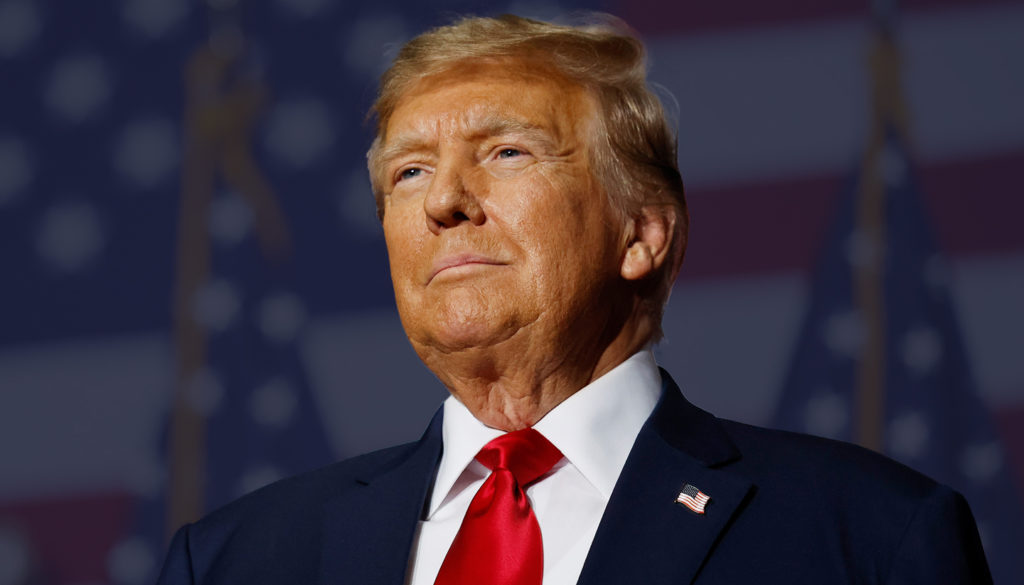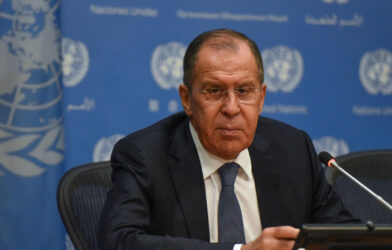The UK’s economic outlook has been downgraded alongside a broader global slowdown, as rising trade tensions—driven by U.S. President Donald Trump’s aggressive tariff policies—threaten growth and fuel inflation.
The Organisation for Economic Co-operation and Development (OECD) has revised its UK growth projections downward to 1.4% in 2025 and 1.2% in 2026, compared to previous estimates of 1.7% and 1.3%, respectively.
The global economy is also expected to weaken, with growth forecast to decline from 3.2% in 2024 to 3.1% in 2025 and 3% in 2026, slightly lower than previous projections. The OECD largely attributes this slowdown to rising trade barriers and economic uncertainty created by Trump’s tariff hikes.
Trade Tensions Drive Economic Slowdown
The impact of the trade war is hitting North America particularly hard, with Canada and Mexico bearing the brunt of new U.S. tariffs. Trump’s decision to impose steep levies on imports from these nations—alongside increased duties on Chinese goods—has triggered significant economic downgrades.
The OECD now predicts U.S. growth will slow to 2.2% in 2025 and 1.6% in 2026, lower than its previous estimates of 2.4% and 2.1%. Despite Trump’s protectionist stance, the report warns that his own country will not be immune from economic setbacks.
The OECD issued a stark warning that consumers will bear the brunt of these trade barriers, cautioning that tariffs will push up prices and erode living standards.
“Further fragmentation of the global economy is a key concern,” the OECD stated. “Expanding trade restrictions would slow growth worldwide and contribute to inflation. If inflation rises beyond expectations, central banks may be forced to tighten monetary policy further, potentially triggering instability in financial markets.”
Inflation and Interest Rates Set to Rise
The report suggests that inflation across the G20 economies will climb to 3.8% this year and 3.2% in 2025—up from earlier projections of 3.5% and 2.9%—leading to a prolonged period of high interest rates.
In the UK, however, inflation forecasts remain unchanged at 2.7% for 2024 and 2.3% in 2026.
Chancellor Rachel Reeves acknowledged the challenges posed by global trade uncertainty, stating:
“This report highlights the shifting global landscape and the economic pressures being felt worldwide. In response, Britain must adapt, ensuring stability, security, and long-term renewal to protect working people and strengthen our resilience.”
Trump’s Tariffs and Global Retaliation
Trump’s latest trade policies took effect earlier this month, imposing a 25% tax on imports from Canada and Mexico, with an additional 10% tariff on Canadian energy products. Meanwhile, duties on Chinese imports—initially set at 10% in February—have now doubled to 20%.
European exports have also been targeted, with the UK caught up in last week’s sweeping 25% tariffs on steel and aluminum entering the U.S. While Britain has so far avoided harsher measures, experts warn that further trade restrictions could be on the horizon.
Financial markets have reacted sharply to the growing trade dispute, with fears mounting that escalating tariffs could tip the U.S. into recession.
Canada is expected to see its growth rate more than halve to 0.7% in both 2025 and 2026, a significant drop from the 2% previously forecast. Mexico faces an even bleaker outlook, with the OECD now predicting an economic contraction of 1.3% in 2025 and 0.6% in 2026—reversing earlier expectations of modest growth.
China is also bracing for a slowdown, with growth forecast to ease from 4.8% this year to 4.4% in 2026.
Europe will not be spared either, as the OECD now projects eurozone growth of just 1% in 2025, down from the previous forecast of 1.3%.
Calls for Global Trade Cooperation
The OECD urged governments to resolve their disputes through diplomatic means, warning that unchecked retaliatory measures could have severe consequences.
“Countries must find ways to address their trade concerns through global institutions rather than escalating tariffs. A broad-based increase in trade restrictions would significantly impact living standards,” the organization cautioned.
As economic uncertainty grows, policymakers face mounting pressure to navigate an increasingly fragile global landscape while mitigating the impact of protectionist policies on businesses and consumers.









Comments are closed